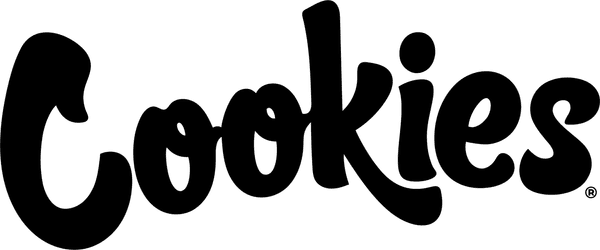In the evolving landscape of cannabis legalization, Florida finds itself at a pivotal juncture with House Bill 1269 (HB 1269), a proposal that seems to echo the outdated fears reminiscent of “Reefer Madness.” This legislation seeks to impose stringent THC caps on cannabis products, setting limits that diverge markedly from those in states where cannabis is legal for recreational use. Specifically, HB 1269 proposes a 10% THC limit for smokable flower, 60% for concentrates and vape products, and 200mg per package (10mg per serving) for edibles, exempting medical marijuana from these restrictions.
Want to know the difference between THC and CBD? Check out THC vs CBD: An Introduction.

Safety vs. Freedom
The debate ignited by HB 1269 delves into the nuances of regulating a substance like cannabis, which many Floridians are eager to see legalized for adult-use. Critics of the bill argue that imposing such caps could inadvertently fuel the unregulated market, as consumers might seek higher potency products elsewhere, potentially compromising the safety, purity, and quality of cannabis products—key goals of legalization.

The rationale behind the Florida THC cap circles back to concerns over increased tolerance, dependency, and the potential for acute mental health issues associated with high-potency cannabis. Yet, these concerns must be weighed against the broader context of cannabis use, which shows significant variability in effects among individuals due to factors like genetics, personal health, and consumption patterns.
Untangling the Potency Debate
Contrasting cannabis with alcohol, the safety profile of cannabis appears significantly less hazardous. Alcohol, with no potency caps, presents a wide array of health issues and is a leading cause of accidental deaths, particularly in traffic incidents. Conversely, cannabis-related deaths are exceedingly rare, and when present, typically involve multiple substances. This disparity underscores a potential mismatch in regulatory approaches, possibly fueled by generational stigma rather than evidence-based policy making.

Finding Common Ground in Cannabis Potency Limits
Ultimately, the proposed Florida THC caps proposed in HB 1269 have sparked a serious debate. The situation highlights a clash between cautious regulation and the realities of consumer behavior and market dynamics. While aiming to protect public health, the bill could push consumers toward less safe, unregulated alternatives. This scenario underscores the need for a fair approach to cannabis regulation, one that considers the complexities of use, its relative safety compared to substances like alcohol, and the practicalities of enforcing potency limits in a way that aligns with public health objectives and consumer rights.
Since this article was written HB 1269 has been amended:
381.9861 (2): Marijuana for personal use may not have a tetrahydrocannabinol potency, by weight or volume, of greater than 30 percent for marijuana in a form for smoking or greater than 60 percent in the final product for all other forms of marijuana, excluding edibles. Edibles for personal use may not contain more than 200 milligrams of tetrahydrocannabinol and a single serving portion of an edible may not exceed 10 milligrams of tetrahydrocannabinol.








